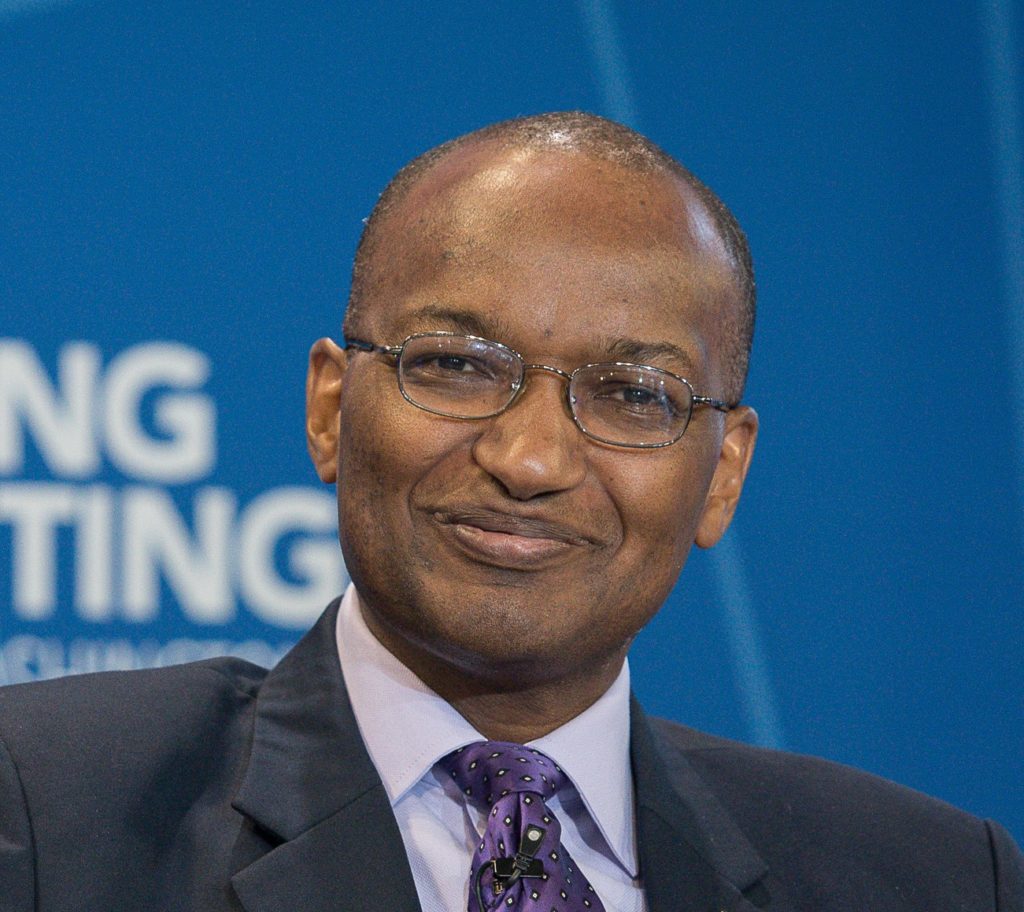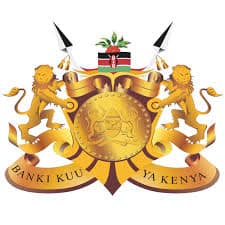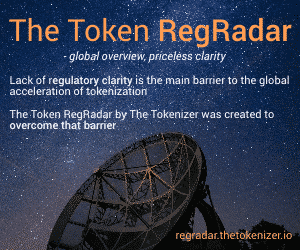Will mobile government bonds in Kenya pave the way for tokenized assets?
An interview with Dr Patrick Njoroge, Governor of the Central Bank of Kenya.
Kenya continues to be at the forefront of fintech innovation in Africa and with their M-Akiba initiative, the first steps towards a more “tokenized economy” as recommended by the country’s Distributed Ledgers and Artificial Intelligence Taskforce. M-Akiba is the first government bond to be issued and distributed as a mobile financial service allowing people to join in investing in these bonds for as little as USD 30.
Kenya’s Central Bank Governor took centre stage at a recent conference in Copenhagen hosted by the Danish Ministry of Foreign Affairs as part of its ‘TechVelopment’ programme. The conference ‘Fintech & Regtech Innovation in Africa’ was organised by Sustainable Digital Finance Alliance – an organisation co-chaired by the UN and China’s Ant Financial.

Ulla Tørnæs, Danish Minister for Development Cooperation of Denmark, opened the conference and in her speech highlighted the pivotal role of digitisation as a means to realise the UN’s Sustainable Development Goals (SDGs). In recognition of the progress and initiatives driven through digitisation within financial services in Kenya, the minister gave the stage to the Governor of the Central Bank of Kenya, Dr Patrick Njoroge.

One example of such a solution is M-Akiba launched by the Central Bank of Kenya, which is the first government bond in the world made available through the mobile phone and allowing investments for as little as USD 30.
Patrick Njoroge picked up on the SDGs and that in order to realise these goals, we will need to invest between five and seven trillion US Dollars per year to realise these by 2030. And to raise this kind of capital, we need close collaboration between public and private players. According to Patrick Njoroge, to raise the funds at the scale needed will require new solutions that bring more players to the table
The Tokenizer met with Governor Njoroge after his presentation to hear more about M-Akiba and the potential of new technology in relation to the goals of financial inclusion and shared prosperity.
Mobile technology paving the way
Kenya has been among the earliest adopters of mobile payments with the massive success of M-Pesa, that is still referred to as the likely most successful implementation of mobile payments anywhere in the world. Mr Njoroge explains how the key and continued catalyst for the development has been the proliferation of mobile financial services, which has accelerated the digitisation of and access to financial services:
“M-Pesa as a concept, and not just the brand, has been a runaway success. It has evolved from being a money transfer platform to being an ecosystem for other services. At the heart of this ecosystem is mobile phone technology – transfers on the phone are ubiquitous and now with that platform in place you can create other services as well”
As one of these new services distributed through the mobile financial services platform, M-Akiba aims to democratise the access to savings products while at the same time leveraging the liquidity available within Kenya to fund infrastructure projects in the country. By offering guaranteed savings products with a very low entry barrier, financial inclusion is taken beyond payments and simple banking products to also democratise access to government bonds as savings products.
“A lot of the benefits have come from the democratisation of finance. This is where it begins – the results will ‘cascade upwards’ – like with M-Pesa – everybody uses M-Pesa regardless of income levels – as there will also be benefits of the technology for larger transactions and for cross-border transactions.” says Dr Njoroge.
Towards tokenization as the next step in digitisation
While M-Akiba does not utilise blockchain technology and tokenization in its current implementation, the development of the product has raised significant interest from the emerging tokenization industry as it is a clear example of an innovative rethinking of the existing security and investment models and tokenization might well be the next logical step in the continued digitisation journey.
Dr Njoroge states: “I don’t disagree that tokenization is the next generation of digitization – the technological development certainly points to that, but the point I am making is the prioritisation. Technology must seek to provide solutions. We also need to make a cost/benefit analysis to determine whether the benefits outweigh the costs.”
Applying this pragmatic approach to his view of the technological development, Dr Njoroge acknowledges that an initiative like M-Akiba is indeed innovative and something that is likely to be replicated in many other countries. But he attributes this to the fact that M-Akiba is not technology-driven but a solution that solves a real problem.
“We should not start with the technology – if it does not solve any real consumer problems, it is of no use to man or beast.”

That said, under Dr Njoroge’s leadership, The Central Bank of Kenya constantly follows and monitors new technology and while he and his team surely can be excited about new technology, Mr Njoroge calls for reflection and prioritisation to ensure the right focus.
“We already have some blockchain proposals and products that have been given to us by the various institution we supervise, and we also work with other central banks on other blockchain products. In that sense, we do see that there are specific questions that will be solved by this technology – but again we go back to the ‘why’.”
Fewer cheerleaders and more quarterbacks
Based on the projects and the research done so far, Governor Njoroge is positive about the prospects of blockchain:
“We believe that the promise of Blockchain technology is to increase transparency and potentially reduce corruption – but that promise cannot remain a promise forever. This is why the innovators need to take that leap and start to solve real problems. Let there be fewer evangelists pushing or pumping the technology. We should have fewer blockchain cheerleaders and more blockchain quarterbacks.”Governor of the Central Bank of Kenya, Dr Patrick Njoroge
Directly asked if a central bank as a regulator should play a more active in the development, Governor Njoroge concludes: “A central bank of the 21st century has to be willing to go further in its mandate – it has to be much more open to the technological development and be on the field alongside the innovators.”
If you want to learn more about M-Akiba, visit the project website here
If you want to learn more about the Danish Ministry of Foreign Affairs ‘TechVelopment’ initiative read more here and here.
More Aritcles:
2021: A Tipping Point for Institutional Investors and Digital Assets


















